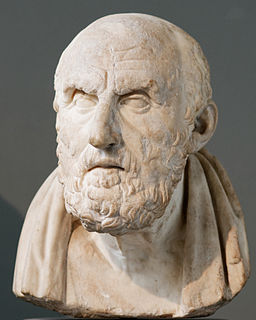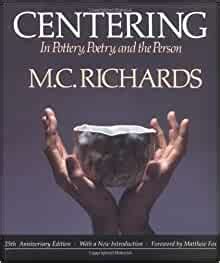A Quote by Bruno Bettelheim
Whoever influences the child's life ought to try to give him a positive view of himself and of his world. The child's future happiness and his ability to cope with life and relate to others will depend on it.
Related Quotes
The goal in raising one's child is to enable him, first, to discover who he wants to be, and then to become a person who can be satisfied with himself and his way of life. Eventually he ought to be able to do in his life whatever seems important, desirable, and worthwhile to him to do; to develop relations with other people that are constructive, satisfying, mutually enriching; and to bear up well under the stresses and hardships he will unavoidably encounter during his life.
As in the natural life a child must have a father and a mother, so in the supernatural life of grace a true child of the Church must have God for his Father and Mary for his mother. If he prides himself on having God for his Father but does not give to Mary the tender affection of a true child, he is an impostor and his father is the devil.
Whatever discipline you exercise should be based on the goal your child is eventually to reach, namely, freedom and happiness. I would show him towards what he is growing, his ultimate fulfilment, and help him to adapt himself to that. In everything that you do, you should keep the goal in view, and hence your discipline must aim at helping the child to realize that at a certain stage he will be above all discipline.
But somewhere, a child surprises himself with his endurance, his quick mind, his dexterous hands. Somewhere a child accomplishes with ease that which usually takes great effort. And this child, who has been blind to his past, but his heart still beats for the thrill of the race, this child's soul awakens. And a new champion walks among us.
He who is running a race ought to endeavor and strive to the utmost of his ability to come off victor; but it is utterly wrong for him to trip up his competitor, or to push him aside. So in life it is not unfair for one to seek for himself what may accrue to his benefit; but it is not right to take it from another.
The child takes in his world as if it were food. And his world nourishes or starves him. Nothing escapes his thirst. Secrets are impossible. He identifies with his surroundings and they live within him unconsciously; it is perhaps for this reason that the small child has been characterized as naturally religious.
It is as his own mind comes into contact with others that truth will begin to acquire value in the child's eyes and will consequently become a moral demand that can be made upon him. As long as the child remains egocentric, truth as such will fail to interest him and he will see no harm in transposing facts in accordance with his desires.
































